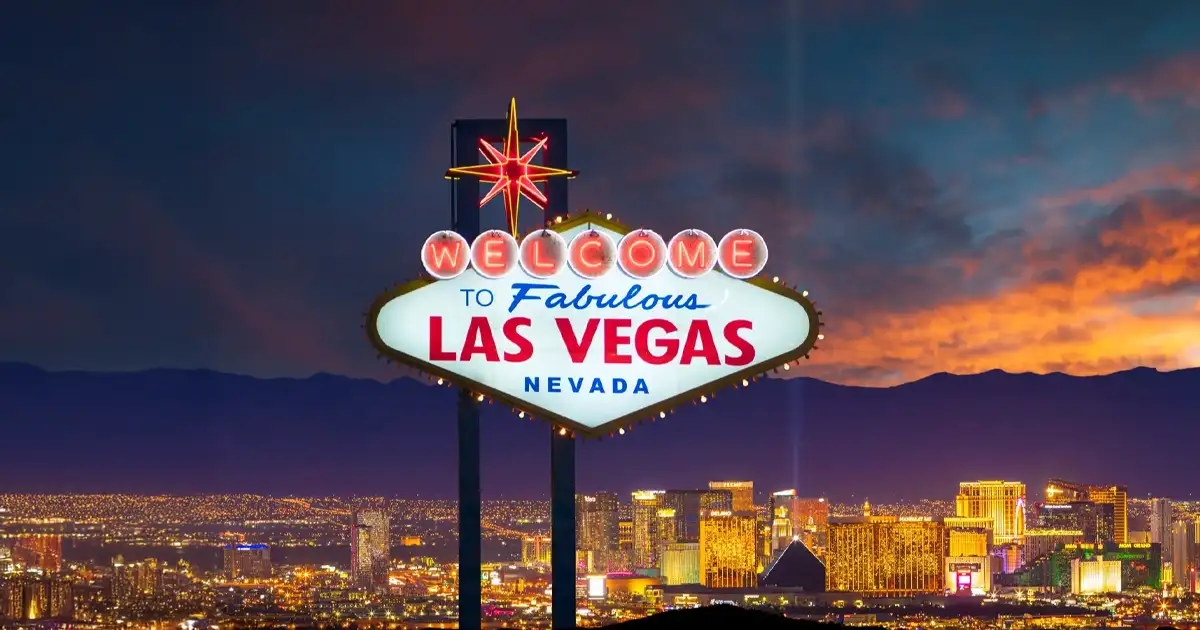Smoke-free casinos in Las Vegas: a profitable gamble?
Behind the scenes at Las Vegas casinos, one question is stirring up concern among managers: what if banning smoking in gaming rooms didn’t hurt revenue… but actually boosted it?
A changing demographic, an unwelcoming atmosphere
The Americans for Nonsmokers’ Rights association, fierce advocates of a smoke-free environment, is highlighting a silent transformation. Young adults are no longer interested in smoke-filled tables. Less than 6% of those over 30 smoked this week, compared to 35% in the 2000s. This dramatic drop illustrates a growing disinterest in cigarettes.
Young people prefer to gamble online, far from ashtrays and the smell of nicotine.
‘Health-conscious young people who have never experienced widespread indoor smoking will be much more likely to visit casinos that don’t permit it,’ warns Cynthia Hallett, president of the organisation.
The lesson is clear: the world is changing, and casinos must adapt or risk losing their future customers.
A financial windfall under threat… or in need of reinvention?
The myth that smokers finance most of the profits of casinos is faltering. Analysts have observed that non-smoking casinos are economically resilient, sometimes more so than those that persist with smoking areas. During the pandemic, casinos forced to ban smoking never saw their revenues fall or lost market share.
Other professionals go even further: completely smoke-free establishments often perform better financially than those that maintain smoking areas. For some, banning smoking is therefore less of a risk than an opportunity to rethink the customer experience and profitability.
Shareholder law: when health weighs on business
The debate is also opening up in decision-making circles. Resolutions brought before the shareholders of major chains such as Boyd Gaming, Wynn and Caesars call for a study of the potential costs and benefits of a smoke-free environment. The signatories point out that tobacco affects the health of employees and maintenance costs, and potentially deters some visitors. But management is reluctant, arguing that the freedom to smoke gives them a competitive advantage over their competitors.
And what about the players?
Another important perspective is that of users. A study of tribal casino members reveals that most would be more inclined to frequent a smoke-free establishment. Many find the smoky atmosphere unpleasant, and only about 20% of visitors actually smoke. A tobacco ban could even increase attendance by 20% in some cases.
Cumulative data – independent, across multiple jurisdictions – shows that banning smoking no longer causes a dramatic drop in revenue. On the contrary, there is often a rapid recovery, or even growth. Maintaining the status quo now seems less viable than investing in a redesigned, clean and inclusive customer experience.


